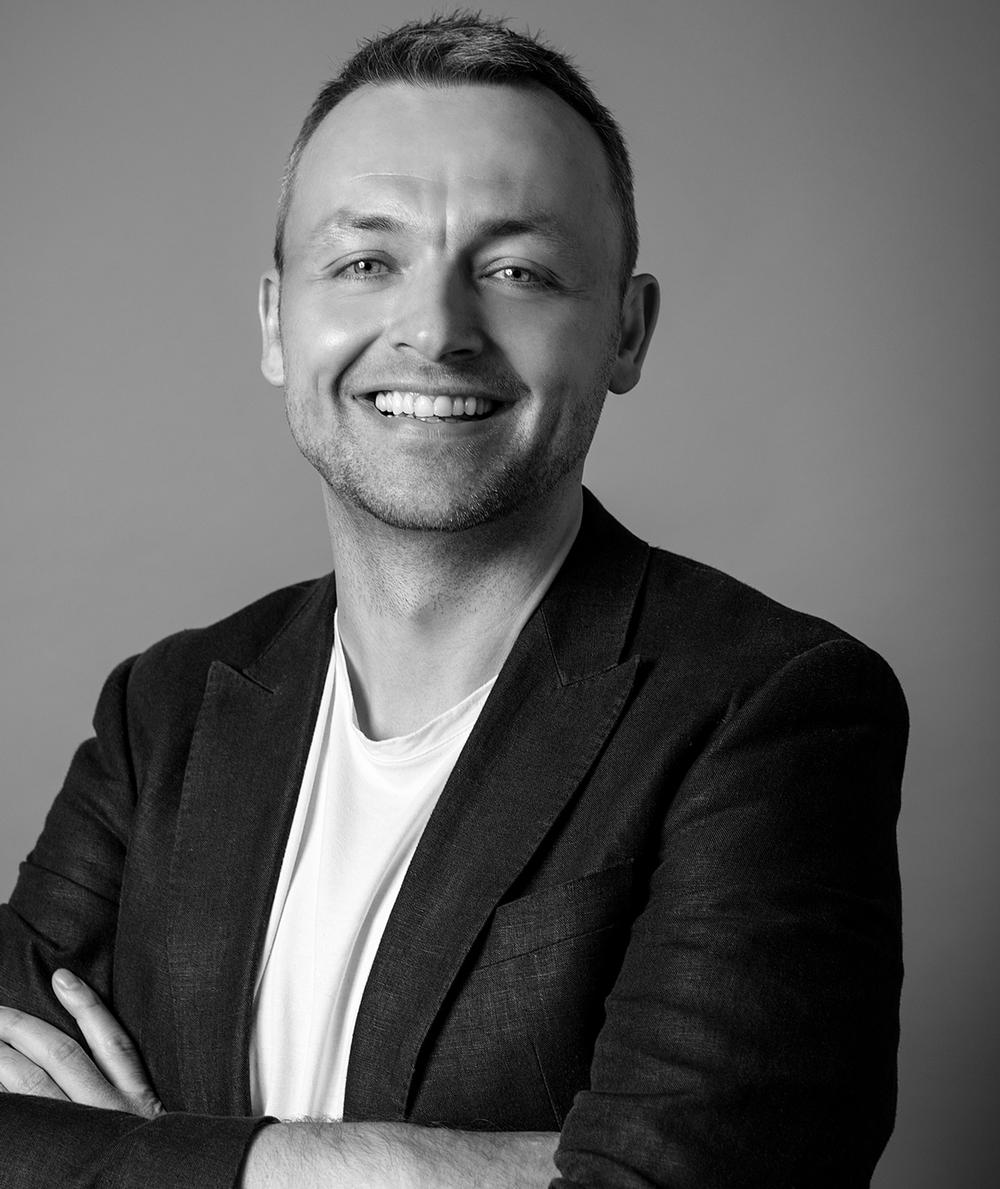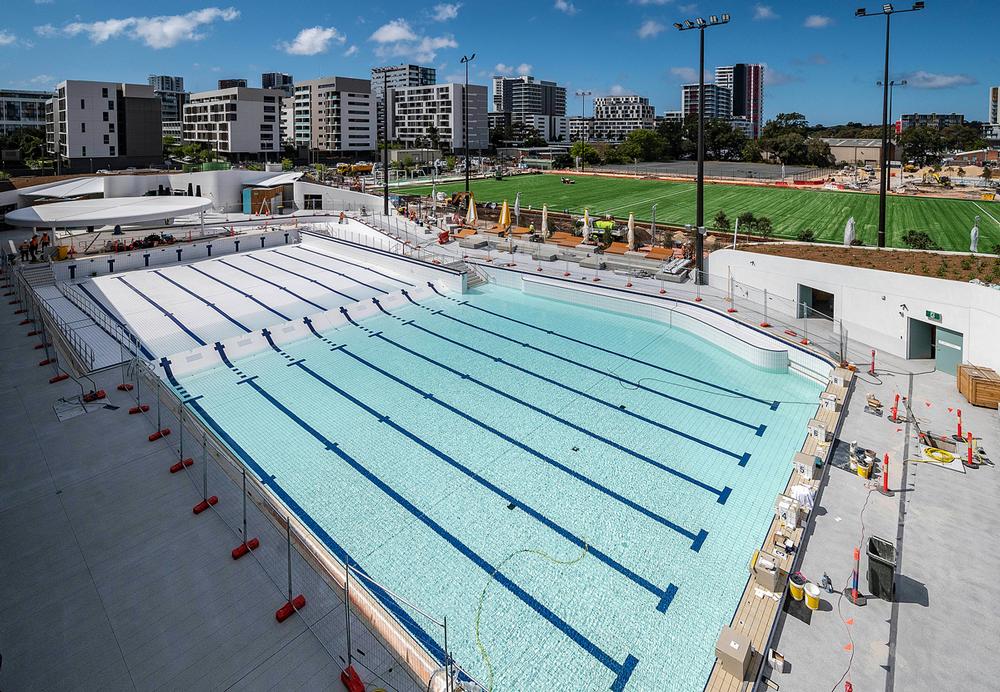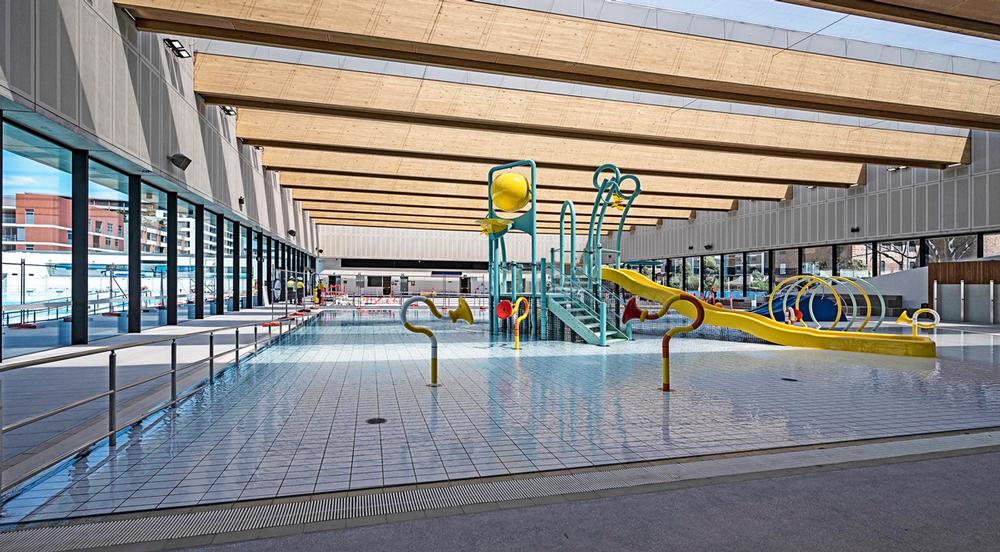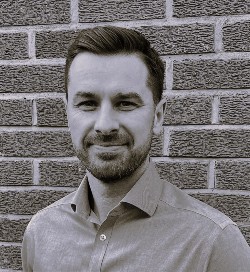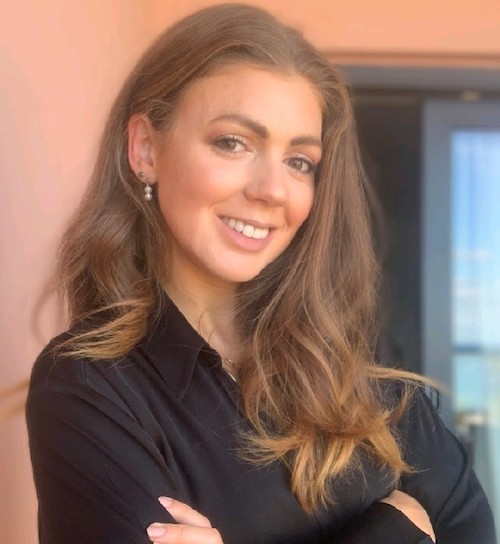What’s the purpose of Collective Leisure?
To enable ‘wellbeing without boundaries’. This means no matter who you are, where you’re from or what your background is, you should be able to access education, services and opportunities to enable your wellbeing and reach your potential.
We intentionally trade to tackle chronic disease, build resilient communities and provide access to employment and training for people from marginalised communities, using a systems approach.
We work in communities with communities by following a set of values and principles, including:
1. Distributed leadership – the power of self-responsibility, taking the initiative and collaborating at all levels.
2. Resilience – cultivating resilient communities through building strong relationships.
3. Inclusivity – fostering diversity and helping to build inclusive communities.
4. Vitality – serving with energy and optimism.
5. Leading with empathy and compassion.
What activities do you engage in?
We consult to local government to help them deliver service excellence to their communities.
We design and deliver wellbeing and sports programmes for educational establishments and community groups to help disadvantaged communities, such as asylum seekers and refugees, and those from lower socio-economic groups and people with disabilities.
We combine these services with human potential coaching and consulting to help people work through what prevents them from realising their true potential and a fulfilled life.
Our road map is to manage leisure facilities, developing them into community hubs - ensuring the most in need get the most support.
How is the organisation funded?
Collective Leisure is privately owned. I co-founded the organisation with my fiancé, Jennifer Barker.
Which outcomes have been most meaningful?
We were only established a little over a year ago, but two projects spring to mind at different ends of the system. Setting policy and delivering programmes.
The first was the development of a best practice contract specification, focusing on social outcomes and strong governance, for the City of Sydney’s new Gunyama Park Aquatic and Recreation Centre.
The facility, designed by Andrew Burges Architects in association with Grimshaw and TCL, will be an exemplar for access and inclusion and is the biggest aquatic complex built in Sydney since the 2000 Olympics. You can find out more at www.gunyamapark.com.au
The second project was delivering a wellbeing programme for Bankstown Senior College, based around Collective Leisure’s ‘wheel of wellbeing’ to refugees aged 18-22-years from war-affected countries, such as Afghanistan, Iraq and Syria. This has been really rewarding and has led to us becoming the official wellbeing partner of the Australian College of Physical Education.
We’ve also been working on the New South Wales Inclusive Schools Programme where we’ve partnered with Special Olympics Australia to deliver sports sessions on their behalf to children with learning disabilities and autism. We’re also employing people from asylum seeker and refugee backgrounds.
How do you measure success?
We’ve partnered with Substance in the UK to use the Views impact measuring platform to measure our service delivery. We are the exclusive distributor of the platform in Australia.
What are your dreams for the future?
Collective Leisure is becoming a leisure facilities operator. From there we’ll provide service excellence with inclusion being not just an initiative, but a mindset.
I strongly believe the social challenges we face (COVID-19 included) can only be solved when people and organisations work together across sectors, boundaries, and cultures, ie, when we take a collective approach. There is an opportunity for greater collaboration in the industry.
Australia is a long way from England but there’s a big opportunity to share our collective intelligence for the betterment of our sectors and local communities. I aspire to be a conduit for this.
I also dream of a world where the playing field is levelled – where the most in need get the most support and everyone gets an opportunity to fulfil their potential.
What can be learned from the work you’re doing? What lessons are transferable?
As we’re all part of the bigger system, Collective Leisure decided to align with goals much bigger than its own.
The 2030 Agenda for Sustainable Development, adopted by all members of the United Nations, has at its heart 17 Sustainable Development Goals (SDGs). These are an urgent call for action by all countries in a global partnership.
Collective Leisure is tackling these global priorities at a local level, focusing on three specific SDGs: good health and wellbeing, quality education and reducing inequality.
Finding a pathway to align local and global priorities is critical if we want to change the systemic problems of our time.
The principles of systems thinking are not new, but are so powerful. I would encourage anyone in the industry to practice systems thinking, which is an ongoing journey of learning for us all.
Our own personal practice can become the strongest influence in how we understand and see the system. We believe that to manage others we must first learn to manage ourselves and then lead with compassion.
What’s holding you back – if anything?
It’s going to be a bumpy road ahead for the sector, with government budgets reduced and consumer confidence low. Pressure to meet operational efficiencies in running leisure facilities has the potential to decrease service levels, resulting in widening inequality.
What have you learned this year?
We talk about the benefits of physical activity, but we’ve got a long way to go from simply knowing about these benefits to translating this knowledge into action to reduce incidences of chronic conditions.
It’s taken a pandemic for the focus to shift from viewing health as the absence of illness, to a new awareness of the value of cultivating wellbeing.
There’s momentum growing behind the idea of developing a public health system based on prevention rather than cure, but we need whole system thinking to make sure no one is left behind.








